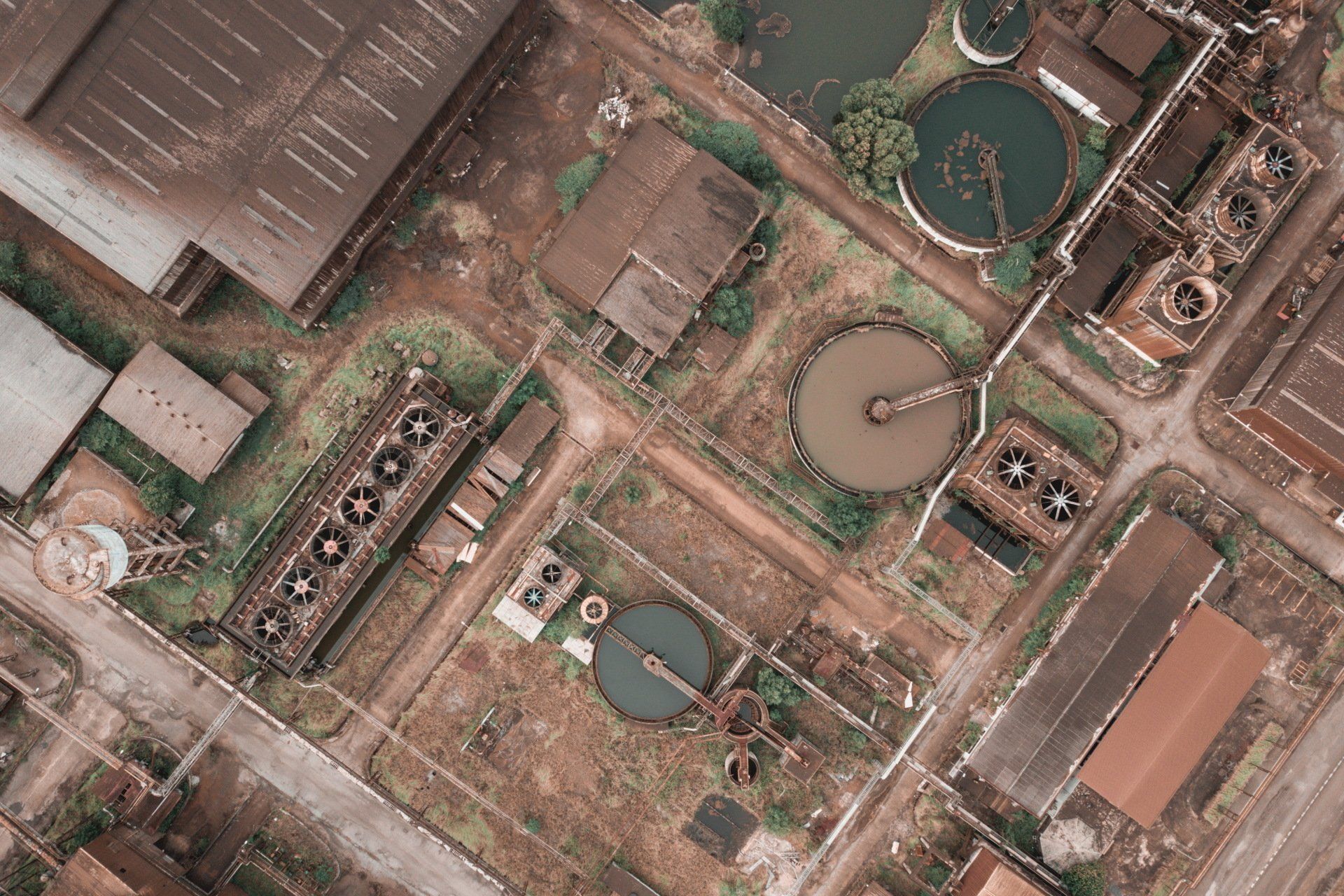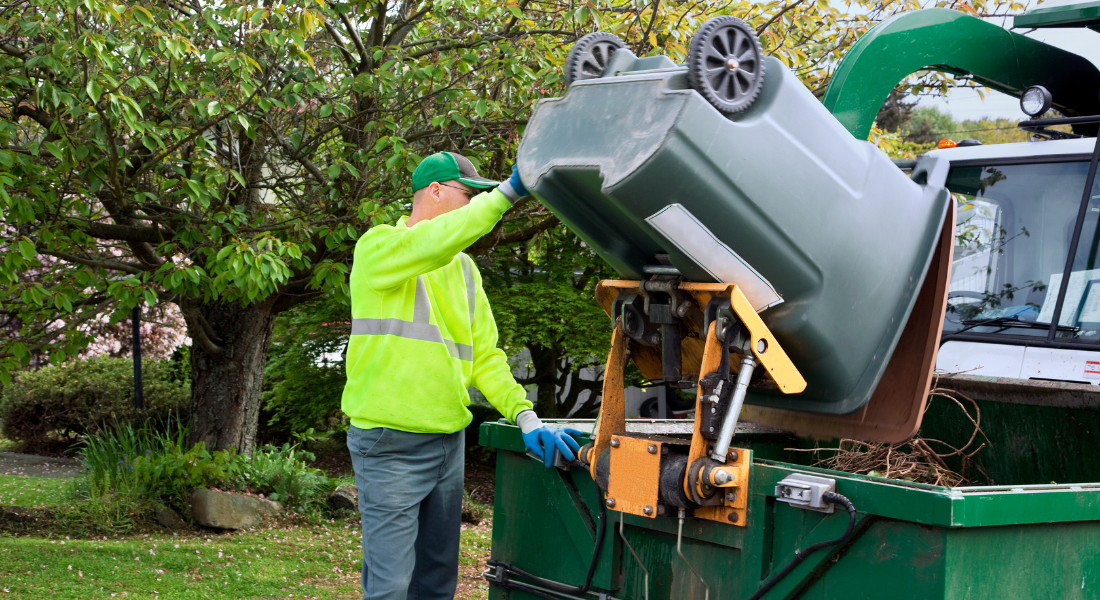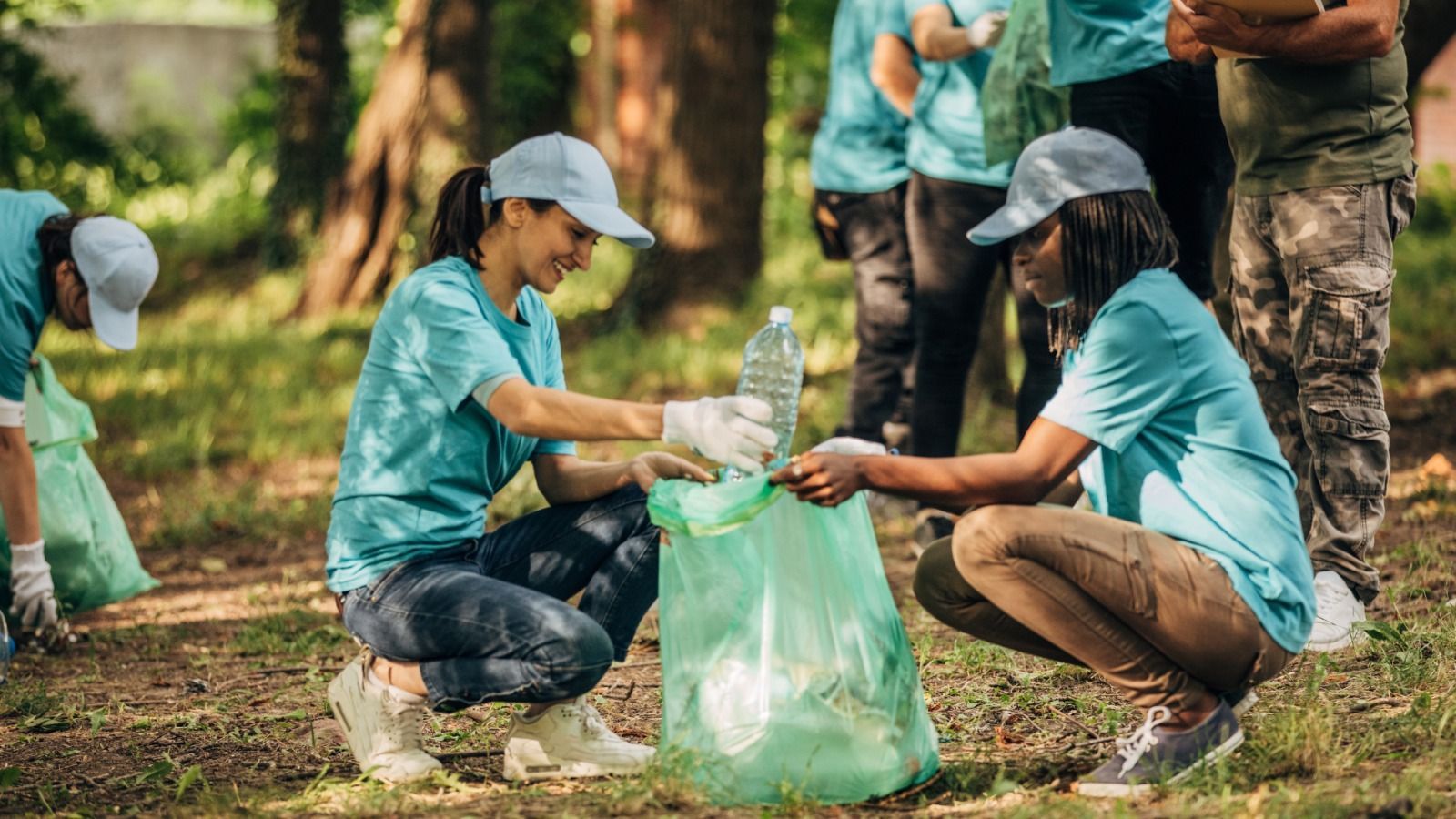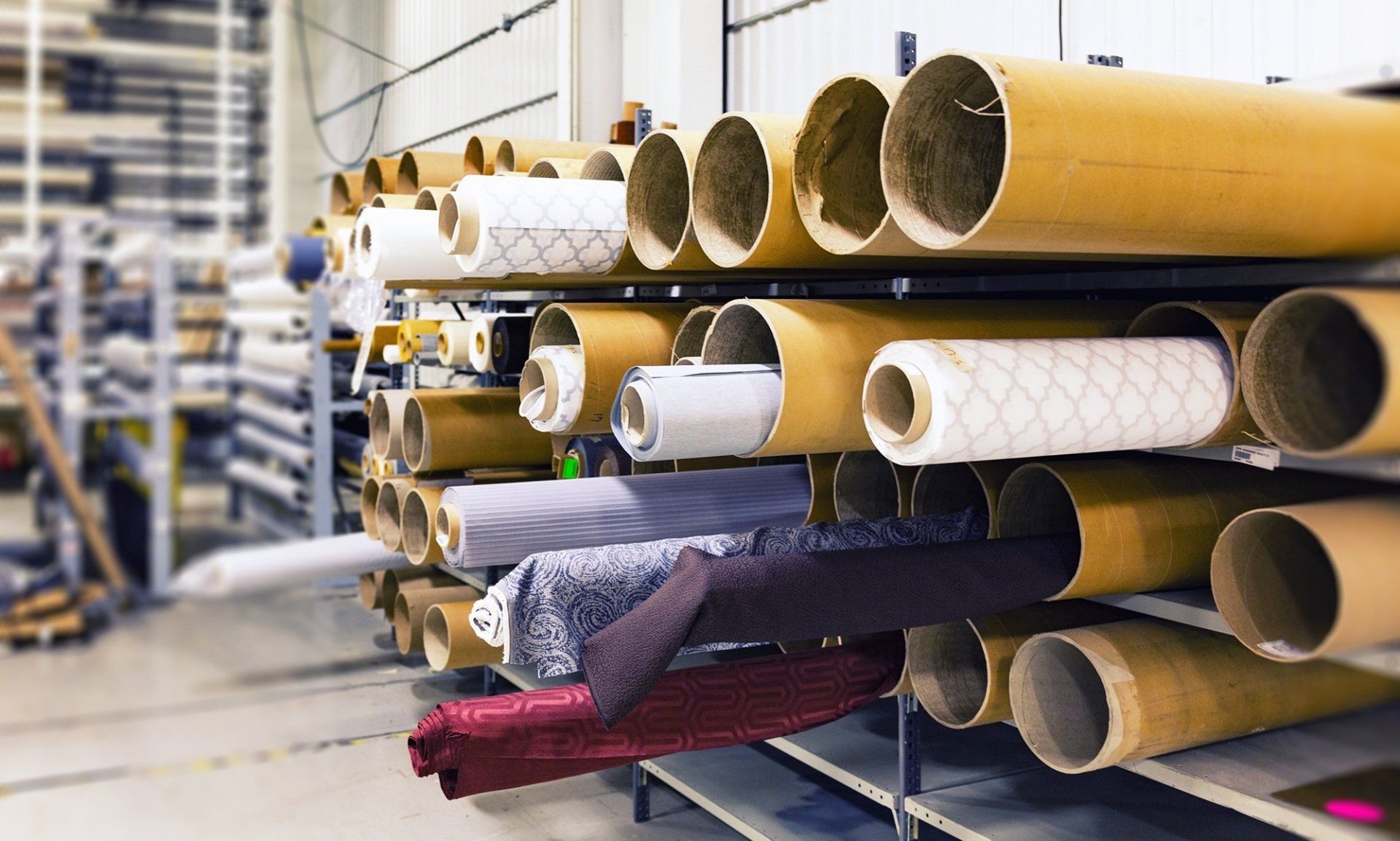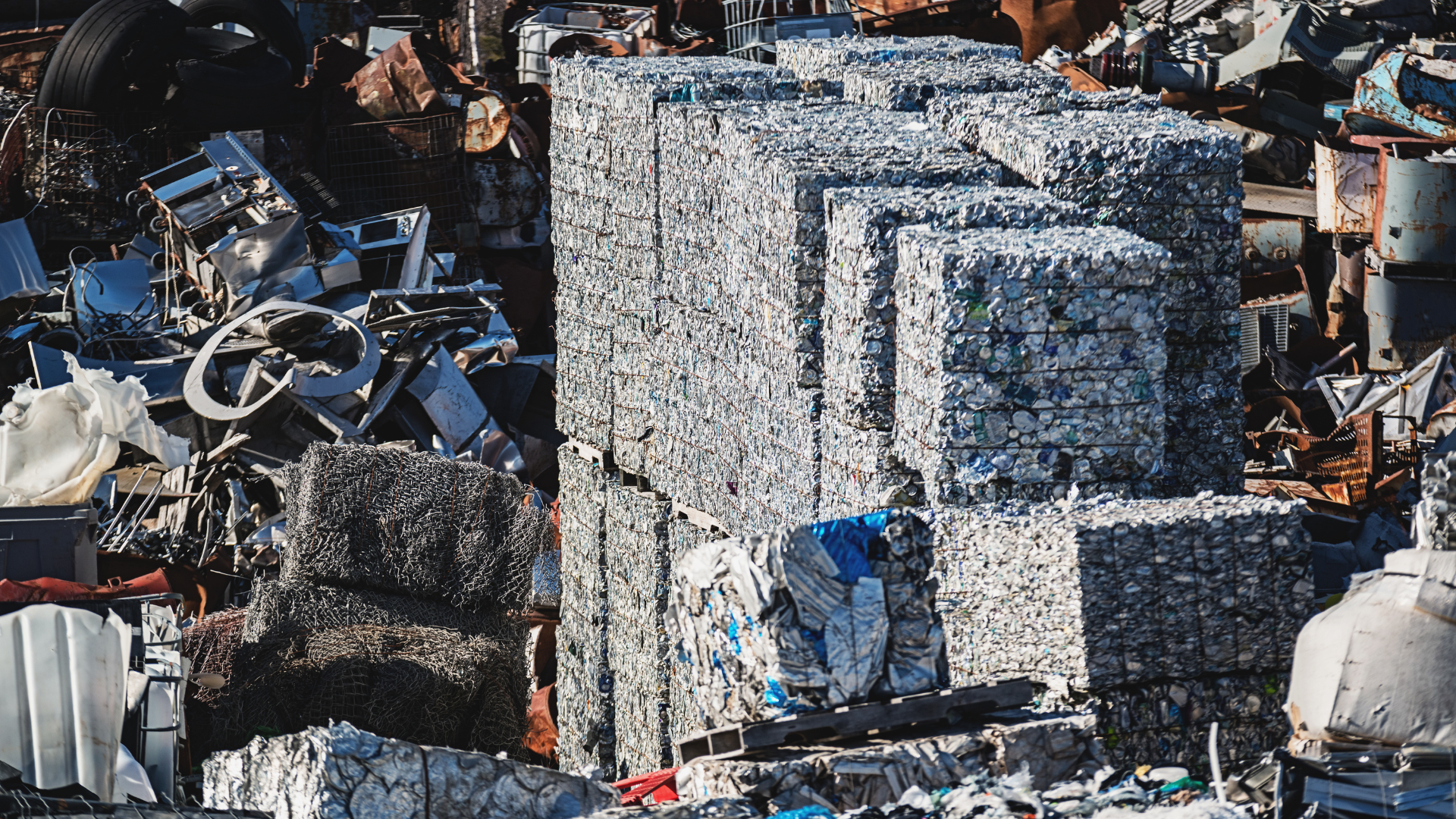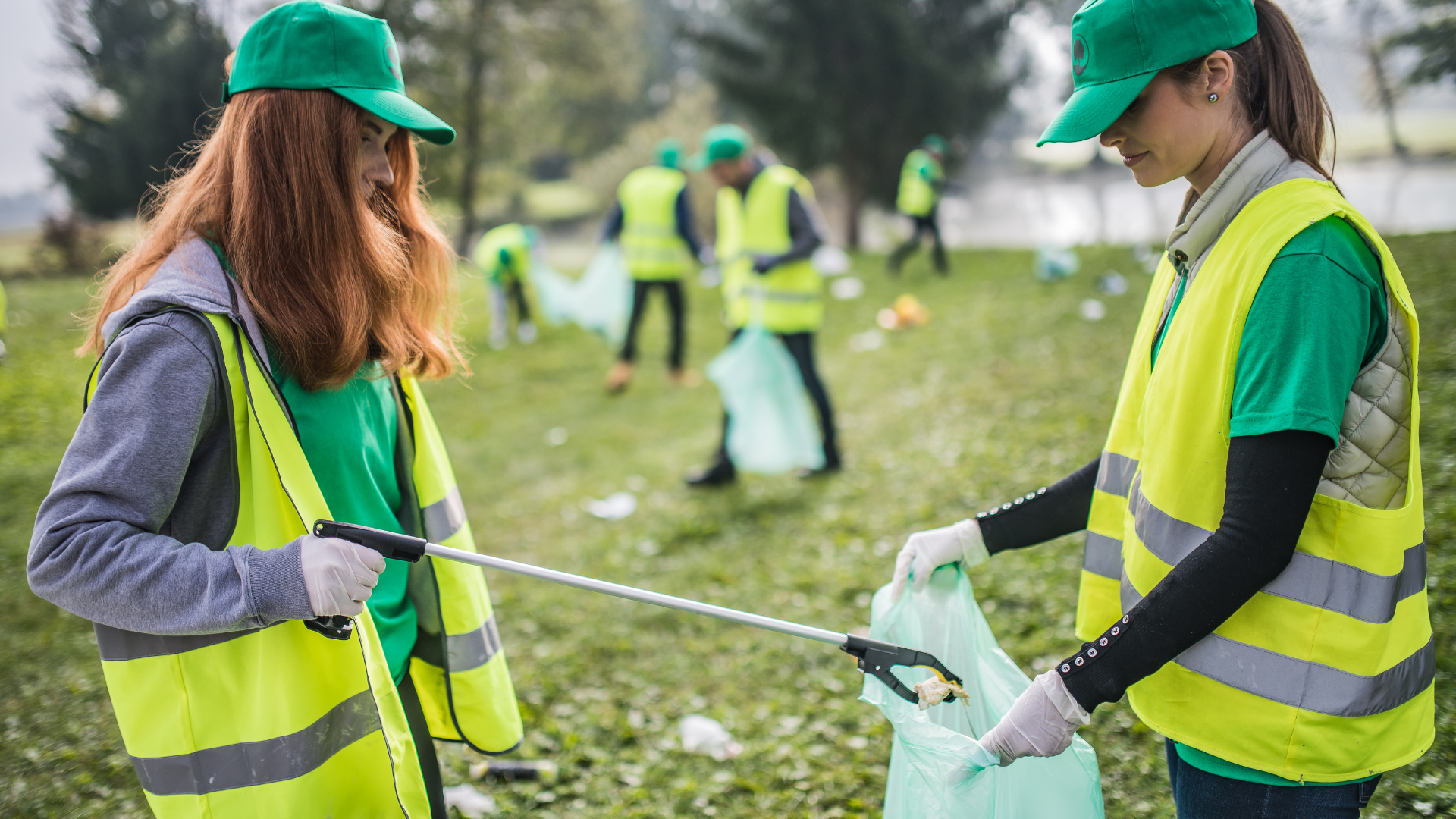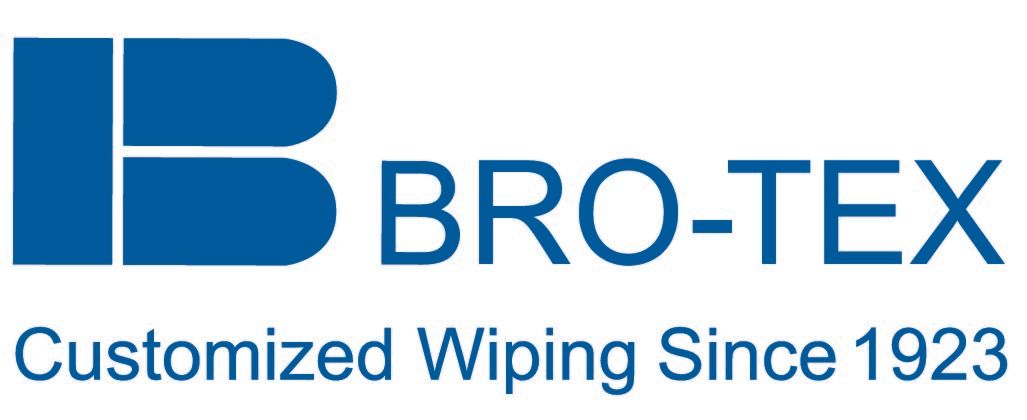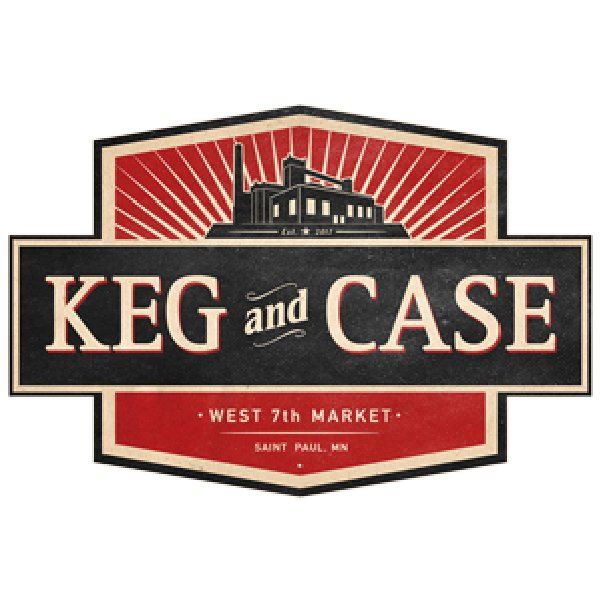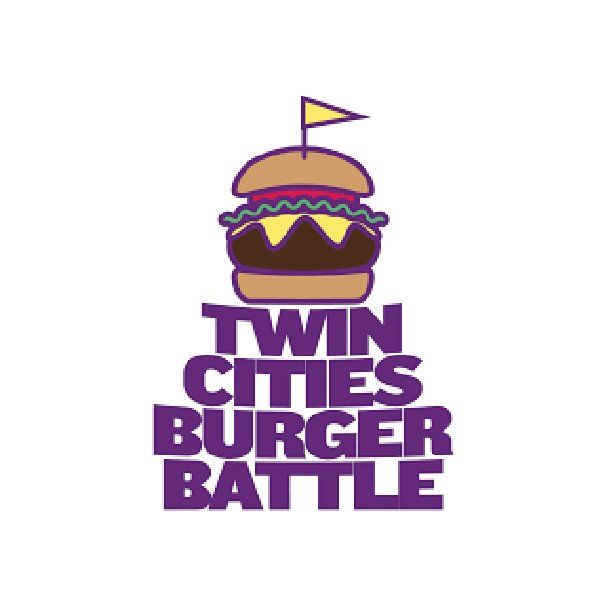The impact of environmental waste on our planet
FIND OUT HOW YOU CAN SAVE OVER 30% ON YOUR WASTE COST
WHILE IMPROVING THE SERVICE LEVEL
We Will Provide A Free Waste Savings Audit.
Environmental waste is the excess of materials generated by human activities that are discarded or disposed of in inadequate, inappropriate, or uncontrolled ways. In other words, it’s anything that is no longer needed and has been thrown away. For example, you can think of a plastic bag as an environmental waste product.
Even though the bag has been used once to store something, after a few uses the bag will be tossed out with other garbage instead of being recycled. The same goes for any broken electronics, old furniture with stained cushions, and worn-out clothing. The problem with such waste products is that they take up unnecessary space and produce excessive amounts of greenhouse gases when they are disposed of improperly.
Also, if these wastes are not reutilized in some way, they end up in landfills where they take up valuable space and produce methane gas as they decompose. Waste is one of the leading causes of global warming and its effects on our planet.
What is environmental Waste
Environmental waste is any material that is discarded or disposed of in an unhygienic manner. It can also be referred to as waste-to-energy, and it’s all that excess material that is left over when you don’t dispose of it in a responsible manner.
Now, before you get all worried and think of ways to reduce your impact on the planet, it’s important to know the difference between waste and environmental waste. Waste is anything that is no longer useful and is discarded or thrown away. Environmental waste is any material that is discarded or disposed of in an unhygienic manner. So, to make things a bit clearer, let’s take a look at some of the common types of waste and how you can reduce them.
What is the impact of environmental waste?
When we talk about the impact of environmental waste, we’re talking about the greenhouse gas emissions that come from the decomposition of these leftovers. If the waste isn’t recycled in some way, it ends up in landfills and those landfills produce methane gas as the waste decomposes. This gas is one of the leading contributors to climate change.
And, along with greenhouse gases, these wastes also have a negative effect on the environment. They take up valuable space, they take a long time to decompose, they create a risk of groundwater pollution, and they also create a risk of waste-related disease.
Why is it important to treat and dispose of waste properly?
When you don’t treat your waste properly, you run the risk of polluting the environment and creating health hazards for people who work in the vicinity. This is because the waste will be leaking chemicals into the soil and groundwater, and it may also break down and spill into the air, which can cause respiratory issues for residents.
Another reason why it’s crucial to properly treat and dispose of your waste is because it helps to save resources. For example, you can reuse and recycle materials as much as possible. Reusing something means putting a new purpose to it, not just discarding it. While recycling is when a material is used once and then recycled, reusing is when something is used more than once.
6 ways you can reduce your impact on the environment with proper waste management practices.
- Recycle your waste - This means taking your plastics and paper products to a sorting facility that will separate them into several different categories and then process them into something new.
- Reuse your waste - This means transforming waste into new products by reusing them. This can be done by taking your used dishes to the dish bin or taking your flowers to the flower bin instead of discarding them.
- Compost - This is when you break down your stuff (food scraps, paper, and so on) into something useful through anaerobic digestion.
- Reduce - This means limiting your consumption of things like food and water so that you don’t end up with a massive pile of waste.
- Collect - This means collecting your garbage and taking it out to the bin, so that it doesn’t accumulate on the streets.
- Zero - This means turning off lights and appliances when you’re not using them.
Conclusion
Environmental waste is one of the leading causes of climate change. Preventing the creation of waste is one of the best ways to protect our natural resources and help slow down climate change. The good news is that it is easier than you think to prevent the creation of waste in your life.
First, you need to be aware of what types of waste your household produces. From food to paper products, everything has a designated place for disposal.
Second, you need to find ways to reuse items, reduce consumption of items, and recycle waste items.
Please
write us new ideas to save our planet.
GET IN TOUCH TODAY
TVG Waste Consulting provides proactive environmental consulting services. We're dedicated to saving you time, money, and making sure you have a custom solution to meet your needs. Contact us today!
Our Recent Articles
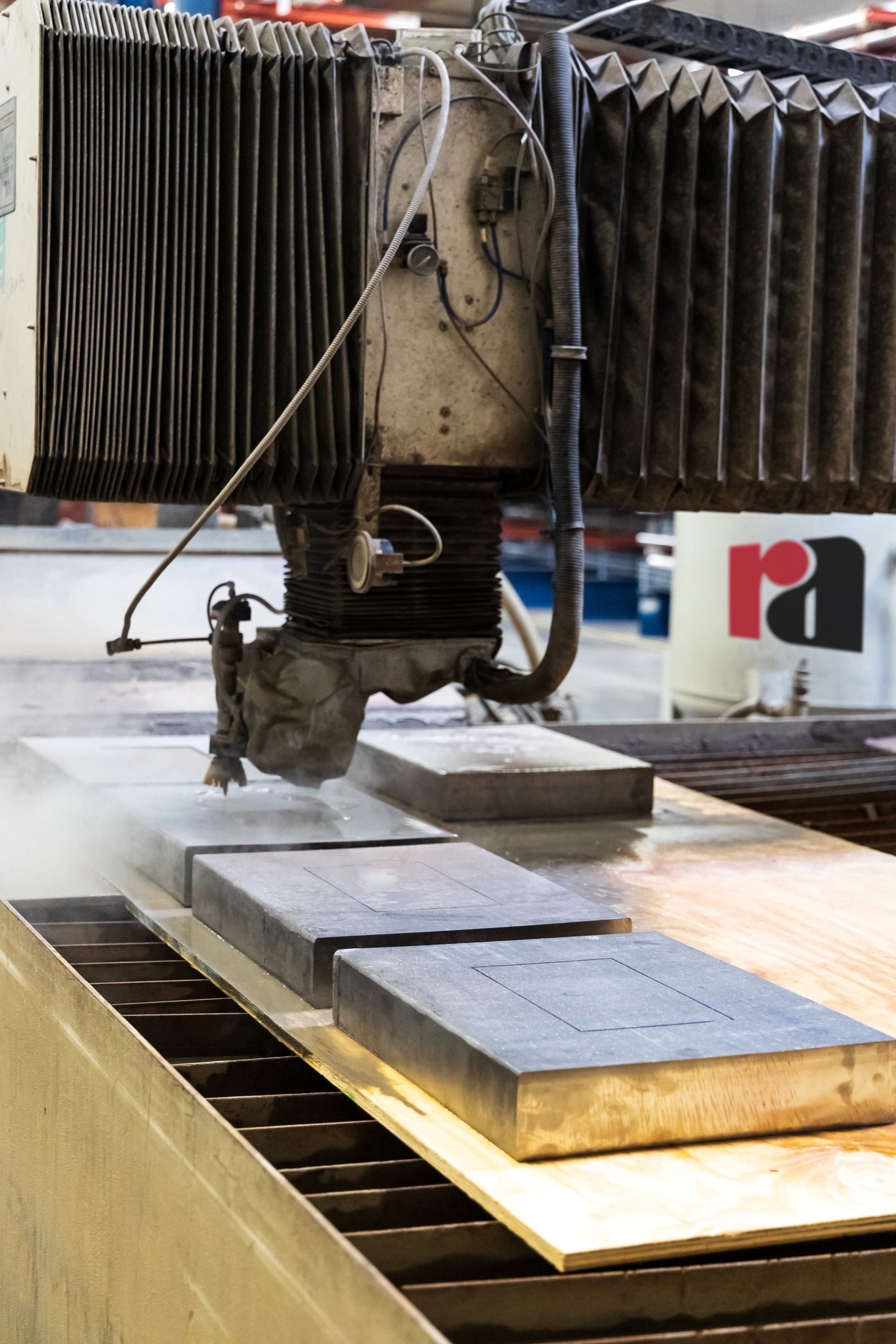
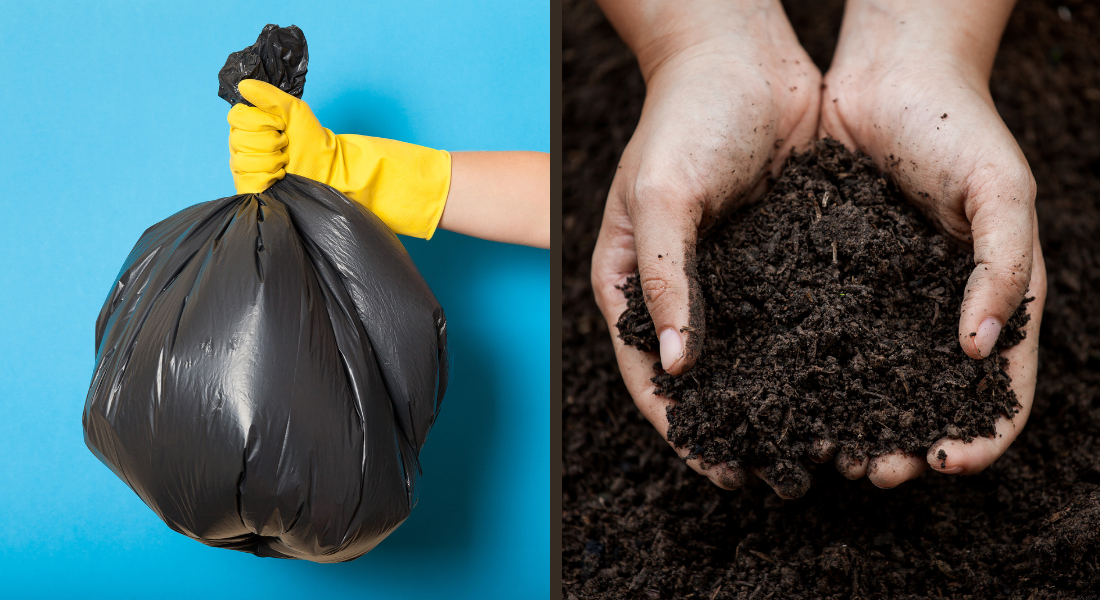
FIND OUT HOW YOU CAN SAVE OVER 30% ON YOUR WASTE COST
WHILE IMPROVING THE SERVICE LEVEL
We Will Provide A Free Waste Savings Audit.


